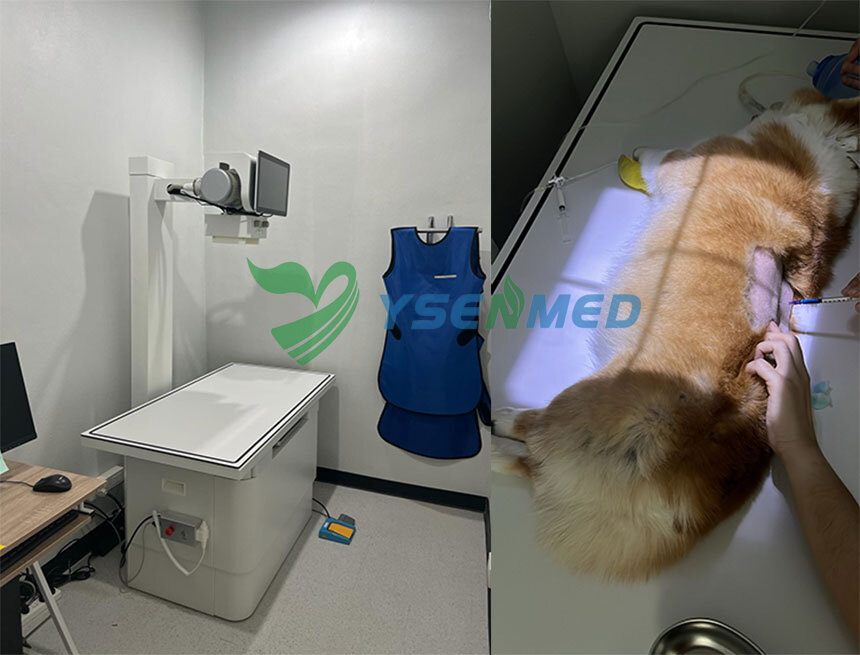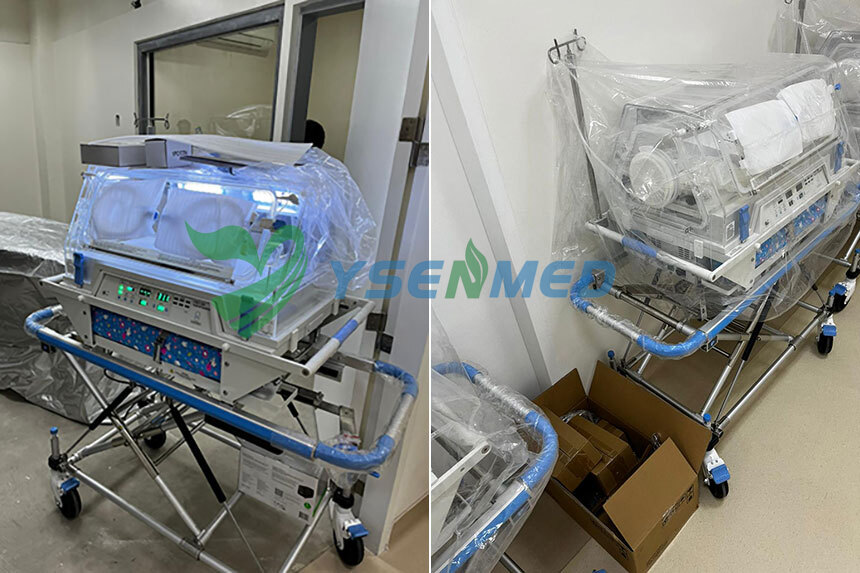Introduction:
Discuss the history of ventilator respirators and how they have evolved over time
Explain how ICU ventilator respirators work and the different types available
Section 1: What are ICU Ventilator Respirators?
Define ICU ventilator respirators and their purpose in critical care
Discuss the different types of ICU ventilator respirators and their applications in critical care
Explain how ICU ventilator respirators can provide mechanical ventilation to patients who are unable to breathe on their own
Section 2: The Importance of ICU Ventilator Respirators in Critical Care
Discuss the importance of ICU ventilator respirators in critical care, particularly in managing patients with respiratory failure or acute respiratory distress syndrome (ARDS)
Explain how ICU ventilator respirators can help improve patient outcomes by providing oxygenation and ventilation support
Highlight the potential of ICU ventilator respirators to reduce mortality rates and improve long-term outcomes for critically ill patients
Section 3: Applications of ICU Ventilator Respirators in Critical Care
Discuss specific examples of how ICU ventilator respirators are used in critical care, such as in the management of COVID-19 patients
Explain how ICU ventilator respirators can be used to manage a wide range of respiratory conditions and emergencies
Highlight the potential of ICU ventilator respirators to provide personalized treatment plans based on a patient's unique medical history, genetic makeup, and lifestyle factors
Section 4: Advances in ICU Ventilator Respirator Technology
Discuss recent advances in ICU ventilator respirator technology, such as the development of portable and wearable devices
Explain how these advances are making ICU ventilator respirators more accessible and affordable for patients and healthcare providers
Highlight the potential for further technological advancements in the field of ICU ventilator respirators
Section 5: Challenges and Limitations of ICU Ventilator Respirators in Critical Care
Discuss the challenges and limitations of using ICU ventilator respirators in critical care, such as the risk of complications and the need for trained healthcare providers to manage them
Explain how these challenges can be addressed through collaboration between healthcare providers, researchers, and industry partners
Highlight the importance of ongoing research and development to improve the safety, efficacy, and accessibility of ICU ventilator respirators
Conclusion:
Summarize the key points discussed in the article
Emphasize the importance of ICU ventilator respirators in critical care and their potential to improve patient outcomes
Encourage further research and development in this field.
In the world of critical care medicine, ICU ventilator respirators play a vital role in saving lives. These sophisticated machines provide mechanical ventilation to patients who are unable to breathe on their own or require assistance due to severe respiratory distress. With their ability to deliver precise levels of oxygen and control airway pressure, ICU ventilator respirators have become an indispensable tool for healthcare professionals.
ICU ventilator respirators are designed to support patients with various respiratory conditions, including acute respiratory distress syndrome (ARDS), pneumonia, chronic obstructive pulmonary disease (COPD), and respiratory failure. These machines work by delivering a mixture of oxygen and air to the patient's lungs through a breathing tube or mask. The ventilator then assists the patient's breathing by delivering controlled breaths, maintaining a set respiratory rate, and adjusting the airway pressure as needed.
One of the key features of ICU ventilator respirators is their ability to provide different modes of ventilation. These modes can be tailored to meet the specific needs of each patient, allowing healthcare professionals to optimize the delivery of oxygen and ventilation. Common ventilation modes include assist-control ventilation, pressure support ventilation, and synchronized intermittent mandatory ventilation.
Assist-control ventilation is often used for patients who are completely dependent on the ventilator for breathing. In this mode, the ventilator delivers a set number of breaths per minute, with each breath being either fully controlled by the machine or triggered by the patient's own effort. This mode ensures that the patient receives a consistent level of oxygen and ventilation, reducing the workload on their respiratory muscles.
Pressure support ventilation, on the other hand, is typically used for patients who can initiate their own breaths but require assistance in maintaining adequate airway pressure. In this mode, the ventilator provides a constant level of pressure support during each breath, helping to overcome any resistance in the patient's airways and ensuring sufficient oxygenation.
Synchronized intermittent mandatory ventilation combines elements of both assist-control ventilation and pressure support ventilation. In this mode, the ventilator delivers a set number of breaths per minute, but also allows the patient to initiate additional breaths as needed. This mode ensures that the patient's own respiratory effort is synchronized with the machine's breath delivery, promoting a more natural breathing pattern.
In addition to these ventilation modes, ICU ventilator respirators also offer a range of advanced features to enhance patient comfort and safety. These features include humidification systems to prevent drying of the airways, alarms to alert healthcare professionals of any abnormalities or disconnections, and built-in monitoring capabilities to track vital signs such as oxygen saturation and respiratory rate.
Despite their life-saving capabilities, ICU ventilator respirators are not without limitations. Their use requires highly skilled healthcare professionals who are trained in their operation and interpretation of data. Additionally, prolonged use of ventilators can lead to complications such as ventilator-associated pneumonia and muscle weakness. Therefore, it is crucial for healthcare professionals to carefully monitor patients on ventilators and implement strategies to minimize these risks.
In conclusion, ICU ventilator respirators play a critical role in providing mechanical ventilation to patients in critical care settings. These machines offer various ventilation modes and advanced features to optimize patient care and support respiratory function. However, their use requires expertise and diligent monitoring to ensure patient safety. As technology continues to advance,
ICU ventilator respirators will undoubtedly continue to evolve, further improving outcomes for critically ill patients.




